English worksheets for reception: Reception — Printable Resources | Deanesfield Primary School
Posted onReception — Printable Resources | Deanesfield Primary School
Menu
Dream, Believe, Achieve… And Make A Difference!
If you have access to a printer, please find below home learning packs and some fun activity sheets that you can download and print at home for your children to independently work through, at their own pace to allow a screen break:
Week Beginning 13th July 2020
-
EYFS — Home Learning Pack (week commencing 13th July 2020)
-
EYFS — Home Learning Pack — Guidance (week commencing 13th July 2020)
-
Maths — One More
-
Maths — Representing Numbers
-
Phonics- Missing Words
-
Topic — All About Me
-
Topic — Wish for Year 1
-
Writing — Spreading My Wings
Week Beginning 6th July 2020
-
EYFS — Home Learning Pack (week commencing 6th July 2020)
-
EYFS — Home Learning Pack — Guidance (week commencing 6th July 2020)
-
Maths — One More
-
Maths — Adding and Subtracting on a Number Line
-
Phonics — Matching Captions and Pictures
-
Topic — Astronauts
-
Topic — Light
-
Writing — Design a Planet
-
Writing — Space Adventure
-
Writing- 10 Things I Would Take to Space
Week Beginning 29th June 2020
-
EYFS — Home Learning Pack (week commencing 29th June 2020)
-
EYFS — Home Learning Pack — Guidance (week commencing 29th 2020)
Week Beginning 22nd June 2020
-
EYFS — Home — Learning Pack (week commencing 22nd June 2020)
-
EYFS — Home Learning Pack — Guidance (week commencing 22nd June 2020)
-
Maths — Halving
-
Maths — Odds and Evens
-
Phonics — ‘Rainbow Fish’ Tricky Words
-
Topic — ‘Rainbow Fish’ Fruit Skewers
-
Topic — ‘Rainbow Fish’ What Makes a Good Friend
-
Writing — Decorate and Describe Your Own Rainbow Fish
Week Beginning 15th June 2020
-
EYFS — Home Learning Pack (week commencing 15th June 2020)
-
EYFS — Home Learning Pack — Guidance (week commencing 15th June 2020)
-
Maths — Under the Sea Doubling
-
Maths — Under the Sea Shape Challenges
-
Phonics — Under the Sea Phase 3
-
Topic — Creating an Under the Sea Scene
-
Topic — Under the Sea Research
-
Writing — Under the Sea Rhyming
Week Beginning 8th June 2020
-
EYFS — Home Learning Pack (week commencing 8th June 2020)
-
EYFS — Home Learning Pack — Guidance (week commencing 8th June 2020)
-
Maths — Pirates Doubling
-
Maths — Pirates Size Comparison
-
Phonics — Pirate Tricky Words
-
Topic — Design a Treasure Map
-
Topic — Pirate Wanted Poster
-
Writing — Sentence Writing
Week Beginning 1st June 2020
-
EYFS — Home Learning Pack (week commencing 1st June 2020)
-
EYFS — Home Learning Pack — Guidance (week commencing 1st June 2020)
-
Maths — Pirate Number Bonds to 10
-
Maths — Sharing Amounts
-
Phonics — Real and Nonsense Words
-
Phonics — Pirate CVC Word Builder
-
Topic — Labelling a Pirate Ship
Week Beginning 18th May 2020
-
EYFS — Home Learning Pack (week commencing 18th May 2020)
-
EYFS — Home Learning Pack — Guidance (week commencing 18th May 2020)
-
Maths — Minibeast Shape Picture
-
Maths — Minibeast Weight
-
Phonics — Minibeast Sounds and Words
-
Phonics — Minibeast Tricky Words
-
Topic — Minibeast Simple Sentences
-
Topic — Minibeast Surface Rubbings
Week Beginning 11th May 2020
-
EYFS — Home Learning Pack (week commencing 11th May 2020)
-
EYFS — Home Learning Pack — Guidance (week commencing 11th May 2020)
-
Maths — Minibeasts One More and One Less
-
Maths — Minibeasts Sharing
-
Phonics — Minibeast Names
-
Phonics — Missing Sounds
-
Topic — Minibeast Mansion
-
Writing — Minibeast Hunt
Week Beginning 4th May 2020
-
EYFS — Home Learning Pack (week beginning 4th May 2020)
-
EYFS -Home Learning Pack — Guidance (week beginning 4th May 2020)
-
Maths — ‘The Hungry Caterpillar’ Number Activity
-
Maths -‘The Hungry Caterpillar’ Subtraction Activity
-
Phonics — ‘Describing The Hungry Caterpillar’ — Writing Activity
-
Topic — ‘Beautiful Butterfly’ Activity
-
Topic — ‘My Food Diary’ Activity
Week Beginning 27th April 2020
-
EYFS — Home Learning Pack (week beginning 27th April 2020)
-
EYFS — Home Learning Pack — Guidance (week beginning 27th April 2020)
-
‘The Amazing Adventures of Max’ — Talk for Writing Home-School Booklet (supporting GOSH)
-
Maths — Adding to 10
-
Maths — Height and Length Ordering
-
Phonics — Tricky Words and Sounds
-
Phonics — The Gruffalo Sounds
-
Topic — The Gruffalo’s Perfect Picnic
-
Topic — Writing ‘If I Met The Gruffalo’
Week Beginning 20th April 2020
-
EYFS — Home Learning Pack — Practical Ideas
-
EYFS — Home Learning Pack
-
EYFS — Home Learning Pack — Guidance
-
Number Bonds to 10
-
Repeating Patterns
-
The Gruffalo — Front Cover Activity
-
The Gruffalo — Words and Sounds Activity
-
The Gruffalo — Missing Sounds Activity
-
The Gruffalo — ‘The Terrible Creature’ Activity
Top
Reception English Worksheets and Workbooks Age 4-5
Filter Options
Availability
Product type
Clear All
Sort by:
Best selling
Alphabetically, A-Z
Alphabetically, Z-A
Price, low to high
Price, high to low
Filter by:
Availability
Product type
Sort by:
Best selling
Alphabetically, A-Z
Alphabetically, Z-A
Price, low to high
Price, high to low
-
Starter pack
-
Ages 4-7
-
Ages 5-8
-
Ages 3-7
-
New
Ages 3-7 -
New
Ages 3-7 -
New
Ages 3-7 -
New
Ages 3-7
You might also like
Ages 4-7
Ages 5-8
Ages 3-12
Digital Product
Ages 5-7
Digital Product
Ages 9-13
Digital Product
Ages 8-9
Ages 8-12
Ages 7-11
Ages 3-12
Ages 8-12
Ages 5-8
Ensure Early Academic Success with Reception English Worksheets and Reception Workbooks
Reception can be a challenging – but exciting – time. For many kids, this is the most time they’ve spent away from home and their parents on a regular basis. For all kids, this is a time of intense learning and growth. They will continue to practise their letters and sounds as they gain new vocabulary, improve their handwriting, and start communicating about their feelings more effectively.
Mrs Wordsmith has a variety of resources that are perfect for this transitional time, including reception English worksheets, reception workbooks, books, and a card game. These resources are aligned with guidance in the UK National Curriculum. Some of the resources described on this page are appropriate for other age groups as well, so you may have seen them before.
For kids who are still mastering their ABCs, our I Can Be a Butterfly handwriting worksheets can provide extra support. These resources combine a hilarious story with letter-writing practice pages to teach the alphabet and handwriting – key skills for beginning writers.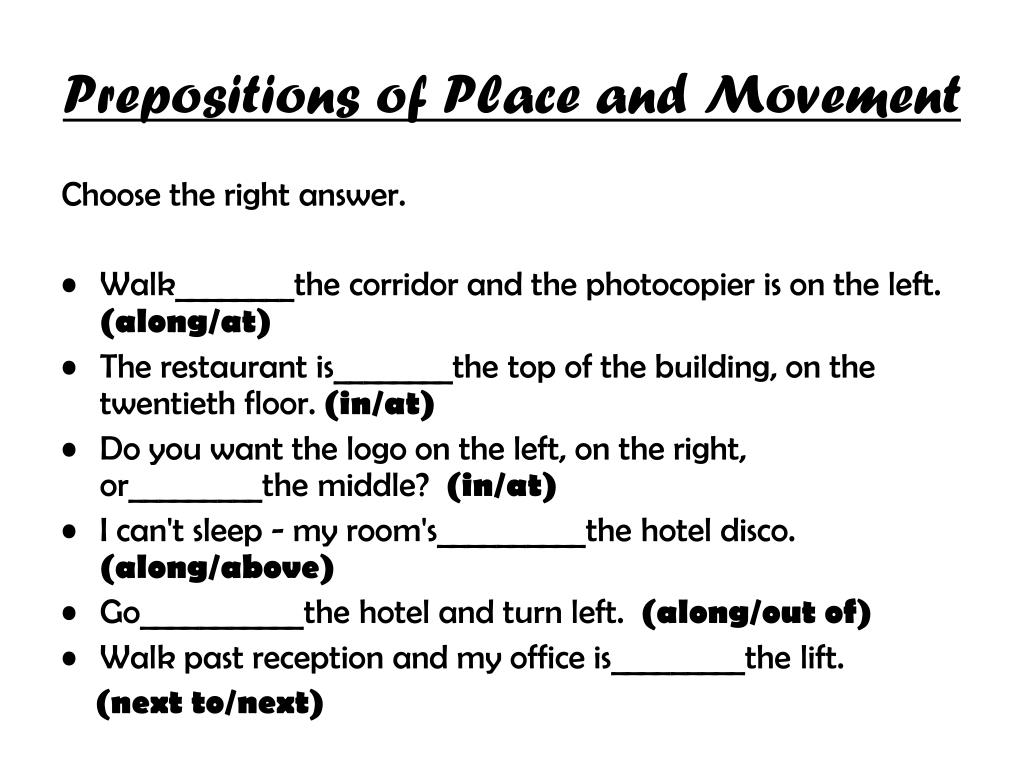
For more reception worksheets, check out Foolproof Phonics Part 1, the first part of a step-by-step programme that takes kids through the different levels of phonics learning. This programme familiarises them with all the terms they need to know and is based on systematic synthetic phonics, which introduces the most common sound-letter correspondences. This knowledge of sound-letter correspondences is key to successful reading instruction.
Take a break from reception English worksheets with our Blah Blah Blah Phonics Card Game, and kids will be laughing and jumping up and down while they continue to build their foundational literacy skills. Simple to play at home or in the classroom, the game features 200 cards – covering 40 key sound-letter correspondences – to help kids become more confident readers.
Not all words are easy to sound out using phonics. That’s why we created sight word worksheets for our Foolproof Sight Words printable reception workbook. This workbook covers 200 important high-frequency words through colouring activities and puzzles, and is composed of reception worksheets pdfs that are easy to print at home. High-frequency words are common words that experts recommend kids memorise by sight. You can get more practice with them in our See It! Stick It! Sight Words sticker books: reception workbooks with a colourful interactive twist.
Beyond reception worksheets and reception workbooks, you can expand your child’s vocabulary with our My Epic Life books. Vocabulary is a strong predictor of future academic success, so it’s never too early to start introducing kids to new words. These books are full of vocabulary kids need to express themselves, and encourage bite-sized learning: using short, highly focused content based on one topic at a time.
For a bit of everything, our «Colossal English» reception workbook covers a whole year of English learning! What a great way to simplify the hunt for worksheets for 4-5 year olds.
Worksheets as a didactic tool for an English lesson
Today, teachers are given the right and opportunity to independently choose methods, techniques and means of intensifying the learning process. An important means of achieving the set goals is all kinds of visual and didactic material. An example of modern materials for the development of speech skills are worksheets.
If we take into account the fact that at present there is a high probability that there may be a need for distance learning for schoolchildren, then worksheets can become a necessary and important tool for the remote learning process.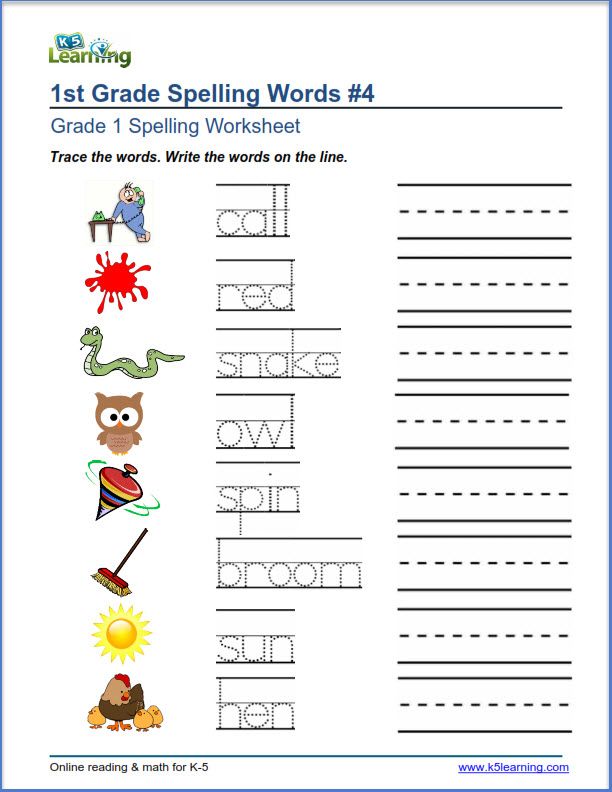
Equipping schools with interactive whiteboards and interactive panels allows teachers to use new options for visual aids. Thanks to these technical devices, it became possible to implement innovative ideas, such as the presentation of the studied material in the format of a printed worksheet or its interactive version. With the help of worksheets, you can carry out pair and group work. The choice of the necessary worksheet is determined by the objectives of the lesson, the teacher’s creative potential, his desire to support students in overcoming difficulties that arise, and the level of students’ learning.
The teacher prepares a worksheet for the lesson in accordance with the age and interests of the students, taking into account the topics and problems of the level of education. Worksheets visualize the studied material and contribute to its speedy memorization and retention in memory. Today, our culture is more visually oriented than ever before. Scientists have proven that if the data is given orally, a person remembers about 10 percent of them. In the case of images, this figure rises to 65 percent.
Worksheets in a foreign language lesson are a tool for teachers to help make the learning process effective and motivated for students. To develop students’ speech skills, a lot of worksheets were tested in 2 grades and it was concluded that their use is appropriate at any stage of studying the topic and at any stage of a foreign language lesson: ̶ at the beginning of the lesson to create a problem situation.
The stage of introduction into the atmosphere of foreign language communication should be short-term and not delayed.
Interactive worksheets are suitable for use in English lessons. Based on our experience, we can conclude that the use of worksheets in the educational process in a foreign language activates the thinking processes of students, stimulates their desire to communicate in a foreign language, thereby contributing to the development of speaking skills. Conditions were identified that positively and negatively affect the efficiency and effectiveness of the use of worksheets in the classroom. The positive conditions include the fact that a good set of visual didactic tools, in the form of worksheets, can provide an imitation of foreign language communication in the classroom and enhance the mental activity of students. This form of «visual exercise» arouses interest in the lessons, increases the amount of information being studied, makes the whole process of learning a foreign language less difficult, reduces fatigue, and thereby promotes health.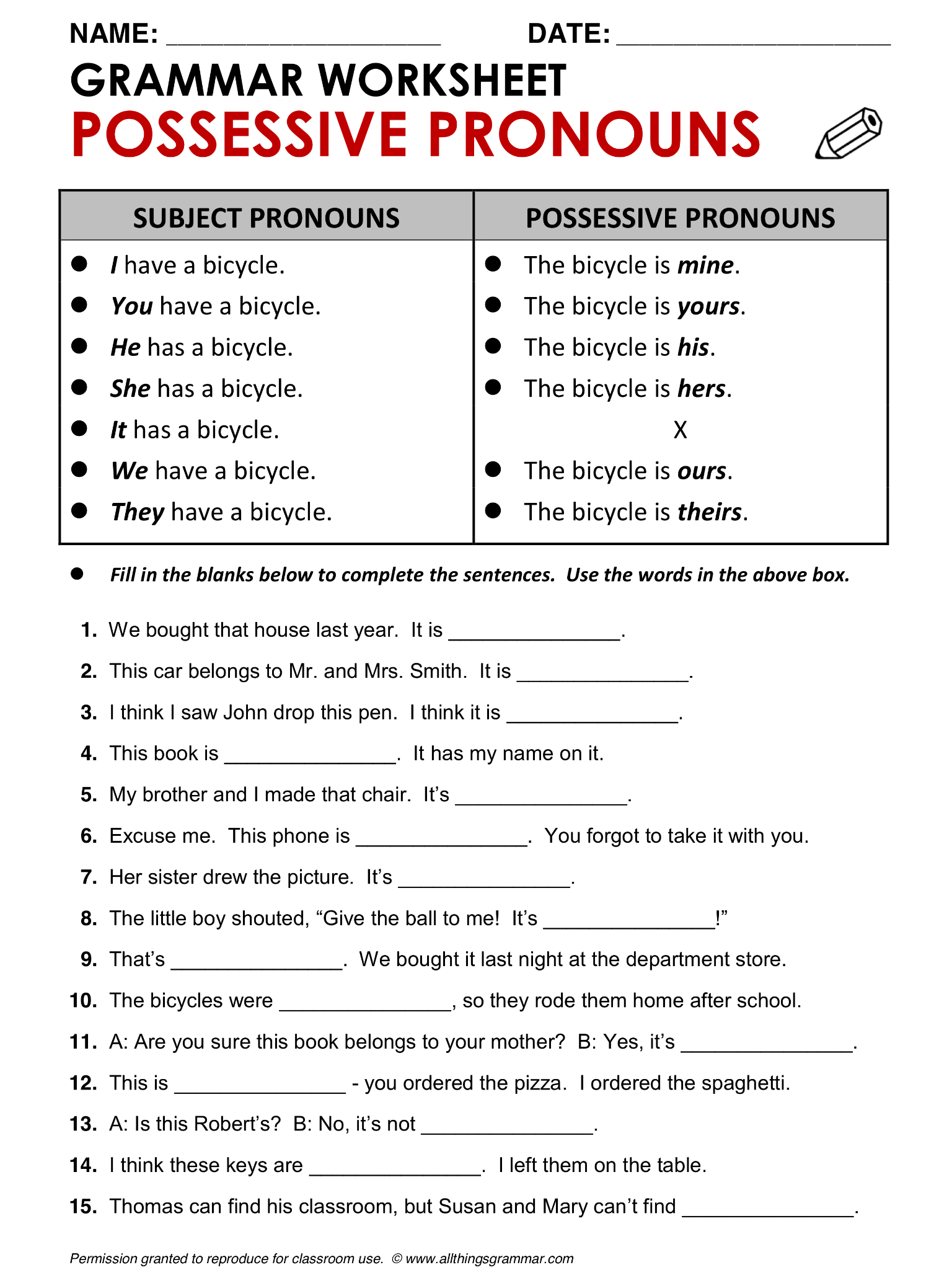
At the same time, it should be understood that preparing a worksheet for a lesson is quite time-consuming, because. it is necessary not only to find it, but also to adapt it to a specific educational task, which is understandable to students and justified by the entire logic of the lesson. Summing up, it can be argued that worksheets open up wide opportunities for active work in the process of developing students’ speaking skills and make the learning process of mastering English attractive, aiming students at using a foreign language as a means of communication.
The ability of the teacher to make the right choice of the necessary teaching aids maximizes the process of assimilation of educational material by students.
189
03/25/2023
Tell this news to your friends
Testimony of an active participant in the pedagogical community
You can apply for for free document here
Now discussing
«Merry English» — House of children’s creativity
2021-2022 academic year 90 003
Remote lesson for 1, 2, 3, 4, 5, 6 groups.
Lesson 4: Colors.
Watch the video, listen to the song, try to repeat it and memorize the names of the primary colors in English.
Watch the cartoon, repeat the names of the primary colors in English after the cartoon characters, try to remember what the primary colors are called in English. Page 8-9
JavaScript is disabled in your browser. JavaScript must be enabled to view this page. To learn how to do it, click here.
House. task number 2: learn any 2 quatrains from all the verses presented here.
JavaScript is disabled in your browser. JavaScript must be enabled to view this page. To learn how to do it, click here.
Remote lesson for 1, 2, 3, 4, 5, 6 groups.
Lesson #3: Learning Colors.
Repeat the names of the primary colors after the speaker and try to remember them.
English with the cat : Learning colors
Repeat the basic colors and memorize them with the cat.
Homework #1: Cut out the names of the colors at the bottom of the sheet and paste each name below the correct color.
JavaScript is disabled in your browser. JavaScript must be enabled to view this page. To learn how to do it, click here.
Homework No. 2: put in a circle near each animal the necessary number corresponding to the name of the animal and color the animal in the color that is written next to the animal. (You will find the name of the animals and the numbers on the plate, in the middle of the sheet).
JavaScript is disabled in your browser. JavaScript must be enabled to view this page. To learn how to do it, click here.
Take a picture of the finished homework and send it to the teacher for verification.
Remote lesson for 1, 2, 3, 4, 5, 6 groups.
Lesson No. 2: Animals. Learning the alphabet.
Watch the video, repeat familiar words on the topic «animals», learn unfamiliar words on the topic. (Repeat words after the teacher).
Watch video #2, repeat the letters and words of the English alphabet.
Homework #1
Find these words in the picture and highlight them (circle).
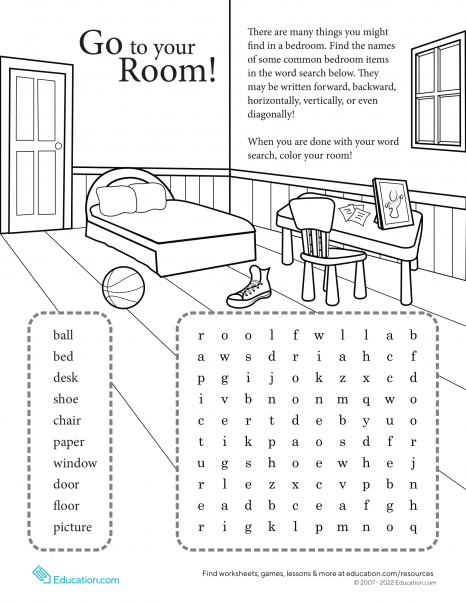
JavaScript is disabled in your browser. JavaScript must be enabled to view this page. To learn how to do it, click here.
Homework #2:
Color the picture according to the color scheme.
JavaScript is disabled in your browser. JavaScript must be enabled to view this page. To learn how to do it, click here.
Photograph the work done and send it to the teacher for verification.
Remote reference for 1, 2, 3, 4, 5, 6 groups.
Theme of the lesson: Happy Halloween
Find the given words in the picture and mark them with a pencil.
JavaScript is disabled in your browser. JavaScript must be enabled to view this page. To learn how to do it, click here.
Create your own fun pumpkin (cut out all the details and stick it on the desired pumpkin). Colorize as desired. (click here ——>)
Repeat the song with the characters and sing the sounds with them
Watch the video and get to know the traditions and history of Halloween.
Funny English (2021-2022)
Tasks for distance learning groups: 1,2,3,4 and students on the basis of preschool groups A, B, C, D
Tasks for final certification for the 2019-2020 academic year.
Merry English Association.
Task №1. Final test.
JavaScript is disabled in your browser. JavaScript must be enabled to view this page. To learn how to do it, click here.
Task number 2. Learn one of the proposed poems. Send the learned poem to the teacher for verification.
JavaScript is disabled in your browser.
Lesson No.-8. Seasons and weather.Seasons and weather.Watch the video and learn what the main types of weather are called in English.
Let’s sing a funny song about the weather together.
Homework. Choose from the three words presented the word that matches the picture.
JavaScript is disabled in your browser. JavaScript must be enabled to view this page. To learn how to do it, click here.
Lesson 7.Seasons and months.Seasons and months.
Color the tree the way it looks at different times of the year and write on the signs what season it is.
JavaScript is disabled in your browser. JavaScript must be enabled to view this page. To learn how to do it, click here.
Lesson No. 6.Tour around London.Tour around London.Dear children and their parents.I suggest you take a fascinating tour of London.The hare will tell us what sights there are in London.So, let’s start ….
Let’s learn the poem «A cat walked through London».
Record the learned poem on video and send the video to the teacher.
Tasks for distance learning group: 1,2,3,4 and students based on preschool groups A, B, C, D
Topic: My Family (my family)
Learning new words
Learning a funny song about family
Cut out the words and paste them in the correct order or draw a picture and write them correctly
JavaScript is disabled in your browser.
Tasks for distance learning groups: 1,2,3,4 and students on the basis of preschool groups A, B, C, D
Topic: My Family. Lesson №-2
Let’s repeat the sounds.
Let’s repeat the words we have learned and complete the tasks.
Let’s learn a poem in English.
Draw your family members on the family tree and name each one.
JavaScript is disabled in your browser. JavaScript must be enabled to view this page. To learn how to do it, click here.
Tasks for distance learning groups: 1,2,3,4 and students on the basis of d / group A, B, C, D
Lesson 3. Topic: Parts of the body(Face). Parts of the body (face).
We count together with the heroes of the song.
Learning new words on the topic «Parts of the face».
We repeat words and complete tasks.
Correctly sign the parts of the face using the given words and name them.
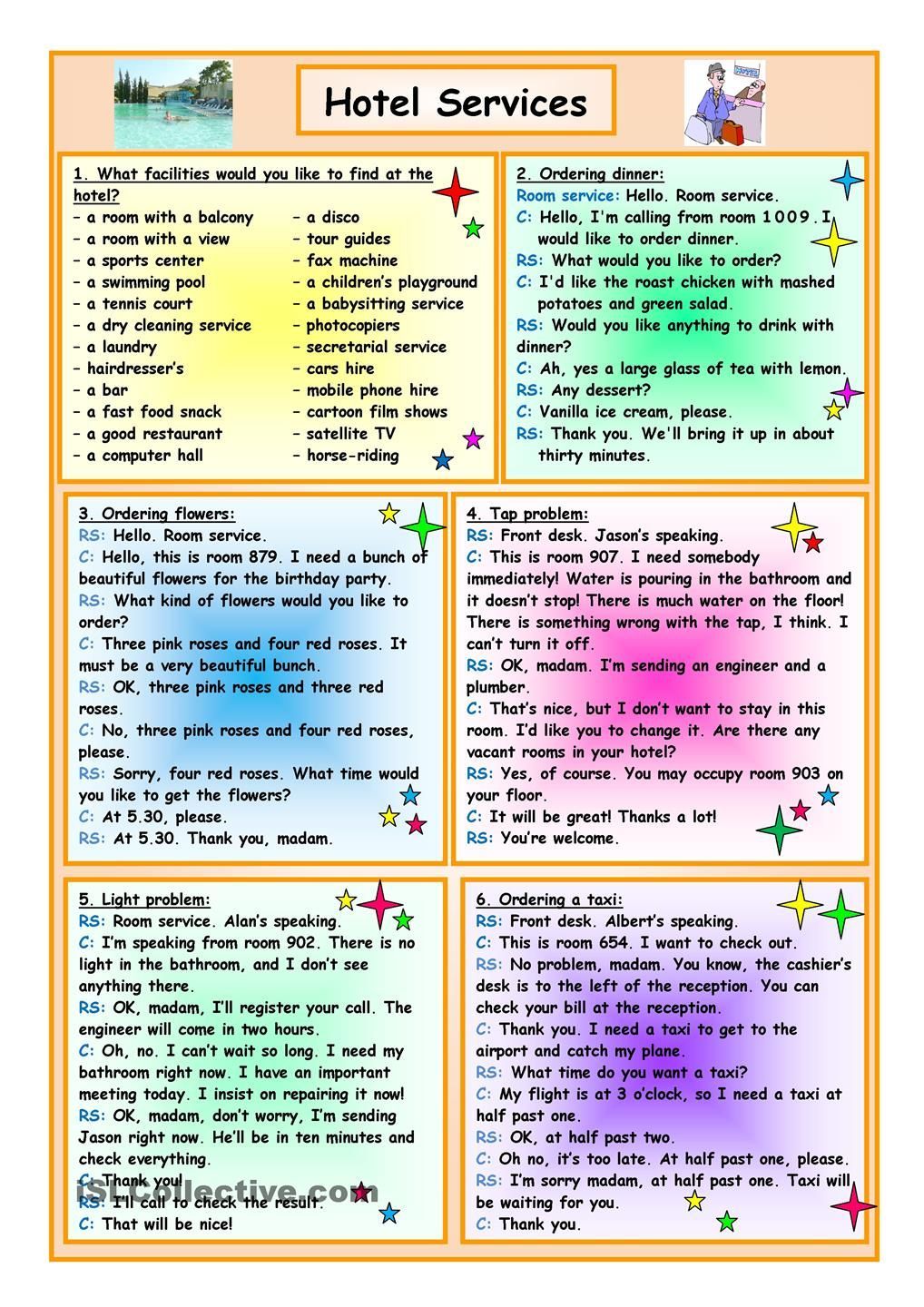
JavaScript is disabled in your browser. JavaScript must be enabled to view this page. To learn how to do it, click here.
Tasks for distance learning groups: 1,2,3,4 and students on the basis of d / group A, B, C, G
Let’s repeat the alphabet.
Lesson 4. Topic: Parts of the body (Body). Parts of the body (Body).
Let’s learn the parts of the body and show them to ourselves.
Let’s learn a funny song and show body parts on our favorite toy
JavaScript is disabled in your browser.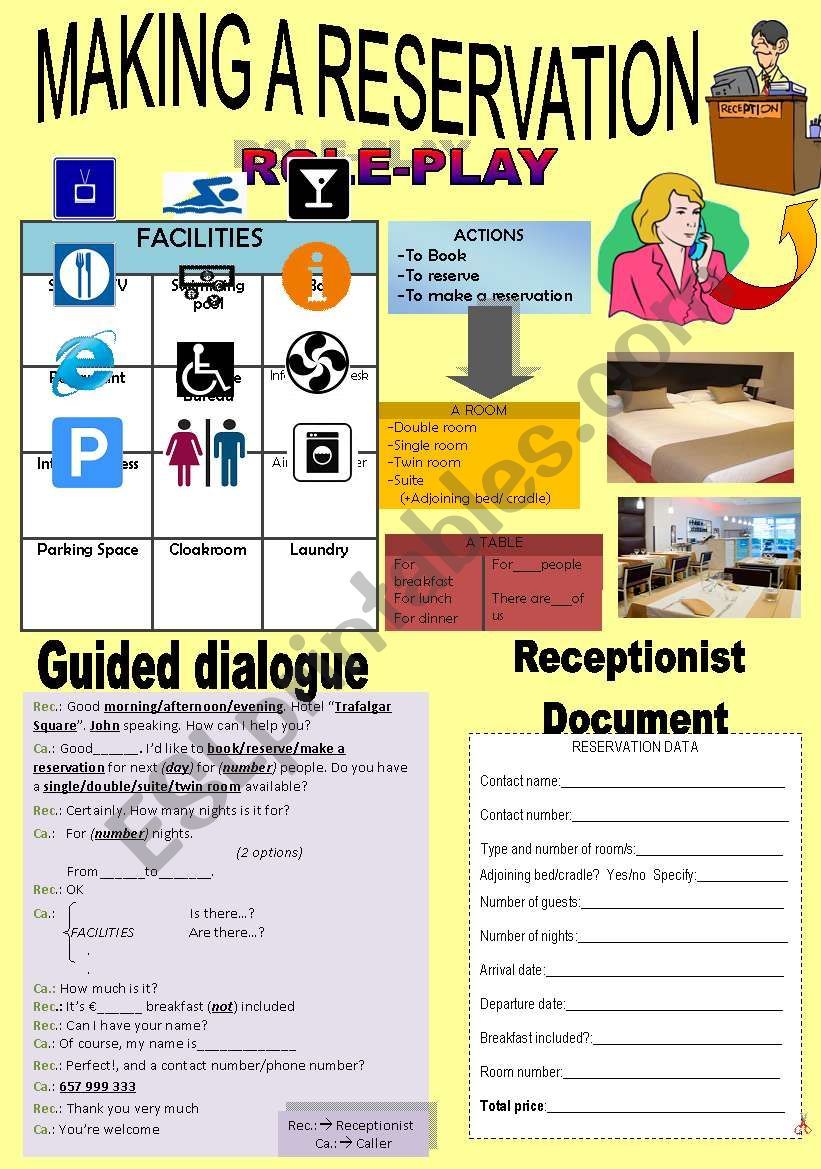
Lesson No. 5. Repetition of the topic: Parts of the body (Parts of the body).
Let’s repeat the parts of the body together with a cheerful little man. Let’s sing, showing the parts of the body on ourselves.
A funny deer invites us to sing with him, pointing to himself.
Cut out and assemble a girl from the presented body parts, label the body parts in English
JavaScript is disabled in your browser. JavaScript must be enabled to view this page. To learn how to do it, click here.

